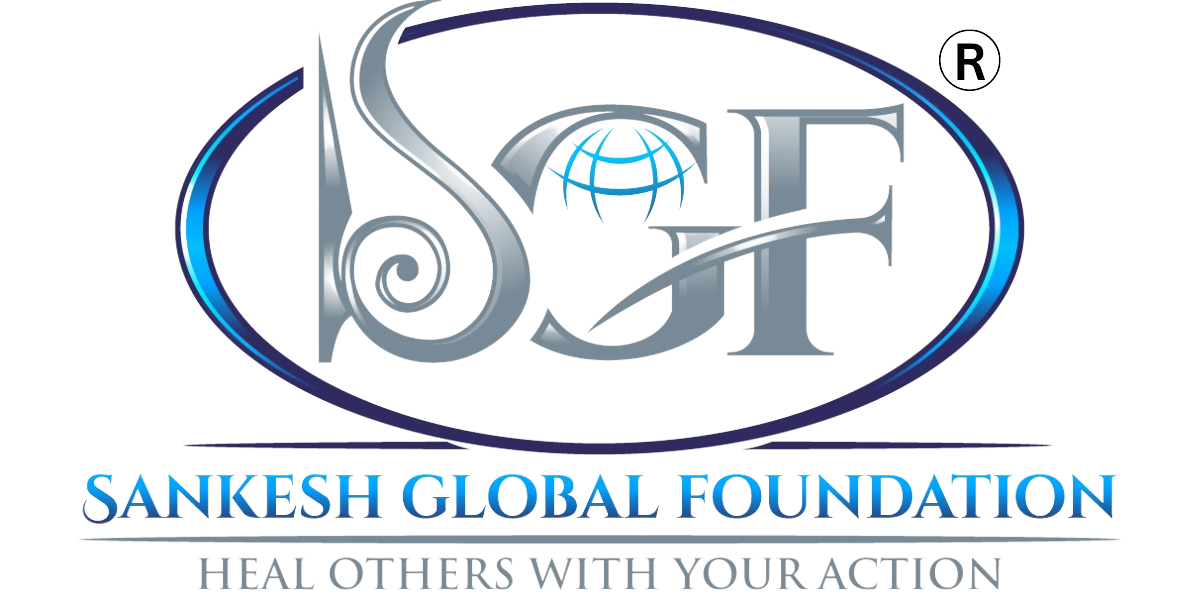Education and literacy are cornerstones of human development and progress. In the 21st century, despite significant advancements in technology and globalization, many regions, including India, still face challenges in achieving universal education and improving literacy rates.
An NGO in India has played a vital role in addressing these challenges and contributing to improving literacy rates. Here’s how an NGO in India can help in this endeavor:
- Access to Education: NGOs establish schools in underserved areas, overcoming barriers like poverty and geography.
- Community Outreach: They raise awareness about education’s importance, engaging parents and leaders.
- Tailored Programs: NGOs create culturally relevant curricula for effective learning.
- Teacher Training: They enhance educators’ skills for better instruction.
- Adult Literacy: NGOs run programs to combat multi-generational illiteracy among adults.
- Technology Integration: They use digital tools to extend educational access.
- Advocacy and Policy: NGOs advocate for education policies at all levels.
- Monitoring and Evaluation: They continuously assess program impact using data and feedback.
- Partnerships: Collaborations amplify resources and best practices.
- Empowering Women and Girls: Many NGOs focus on gender equality through education, promoting broader development.
An NGO in India plays a critical role in improving literacy rates and promoting education, especially in underserved and vulnerable communities. The holistic approach, community engagement, and adaptability to local contexts they offer make them valuable partners in enhancing literacy and education around the world.
The state of global education and literacy rates remains a pressing and complex challenge. As we navigate an increasingly interconnected and digital world, understanding the current landscape of education and literacy rates is essential to addressing this critical issue.
Current State of Global Education:
While significant progress has been made in expanding access to education over the years, the world still faces stark disparities in educational opportunities. UNESCO estimates that approximately 258 million children and youth worldwide do not attend school, most of whom live in poverty and conflict-affected regions. This lack of access to education hinders their potential and perpetuates cycles of poverty.
Even for those fortunate enough to attend school, the quality of education can vary greatly. Classrooms that are overcrowded, teachers who aren’t properly trained, and outdated curricula prevent students from learning effectively. Furthermore, the COVID-19 pandemic exacerbated these challenges, with school closures disrupting the education of over 1.6 billion students.
Literacy Rates: A Fundamental Skill Gap
Literacy, the ability to read and write, is a fundamental skill that underpins personal development and societal progress. Yet, a significant portion of the global population still struggles with low literacy rates. According to the United Nations, as of 2020, over 750 million adults worldwide lack basic literacy skills. As a result, they are not only limited in their access to information but also hindered in their abilities to gain employment and participate in civic affairs.
Low literacy rates also have far-reaching consequences for healthcare, economic growth, and social cohesion. Individuals with low literacy skills are more likely to face health disparities, experience unemployment or underemployment, and struggle to engage in informed citizenship.
Importance of Addressing the Challenge with an NGO in India
Addressing the challenge of global education and literacy rates is crucial for several reasons:
- Economic Growth: Education is a catalyst for economic development. A literate and skilled workforce is essential for innovation, productivity, and global competitiveness.
- Healthcare Access: Education empowers individuals to make informed health decisions. Higher literacy rates are associated with better access to healthcare information and healthier lifestyles.
- Social Equality: Education promotes social equality by providing opportunities for all, regardless of gender, ethnicity, or socioeconomic background.
- Peace and Stability: Education can be a tool for conflict prevention and peace-building. Access to quality education can foster tolerance and understanding among diverse communities.
- Global Citizenship: In an interconnected world, education equips individuals with the knowledge and skills to be responsible global citizens who can address complex global challenges, from climate change to pandemics.
In the 21st century, global education and literacy remain pressing challenges. NGOs in India are pivotal in addressing these issues, providing access to education, raising awareness, and tailoring programs to local needs.
They empower teachers, use technology, and advocate for policies. In an interconnected world, these NGOs exemplify how dedicated efforts can ensure education for all, promoting not only literacy but also economic growth, healthcare access, equality, and global citizenship. Their work signifies hope for a future where education is a universal right and literacy underpins progress.
In an interconnected world, the Sankesh Global Foundation, an NGO in India works concerted efforts to ensure education for all. Their work not only fosters literacy but also drives economic growth, improves healthcare access, advances equality, and nurtures global citizenship. Together, they signify hope for a future where education is a universal right & literacy becomes the cornerstone of human progress.
Also Read:
- How You Can Support Educational Initiatives: Practical Steps for Making a Difference
- Access to Clean Water: Charities in India Tackling the Water Crisis
- Education and Literacy Initiatives by NGOs in India
- How Do NGOs in India Cultivate Change in the Rural Agricultural?
- NGO Organizations in India: Promoting Mental Health

